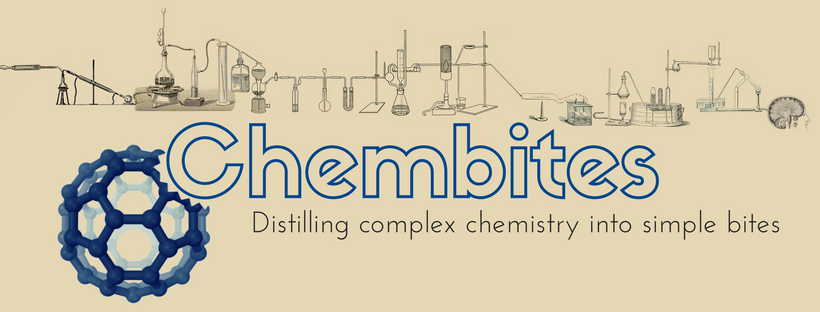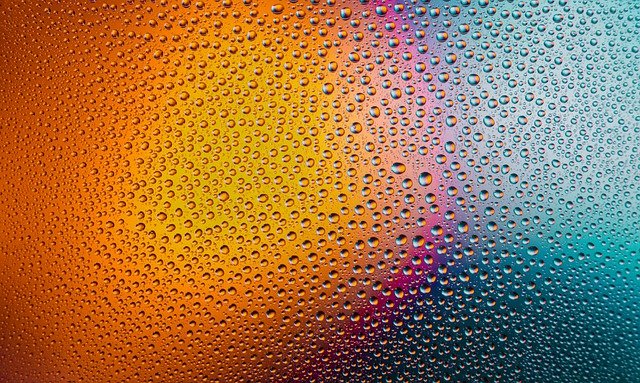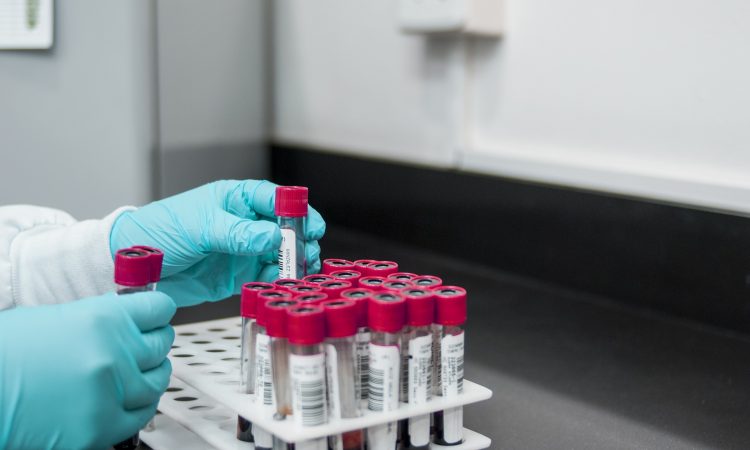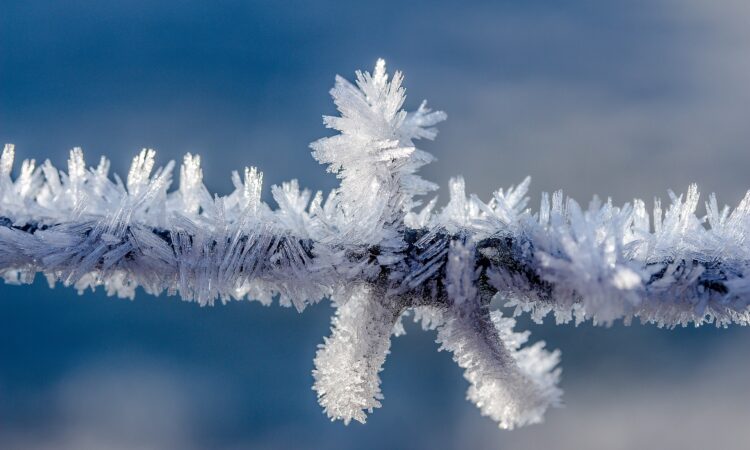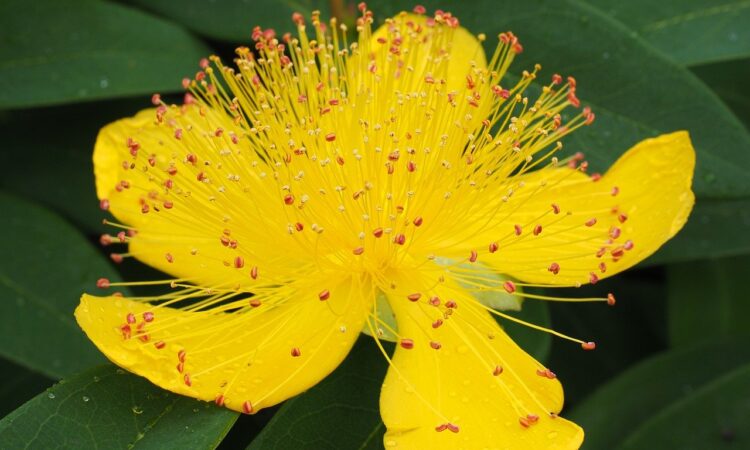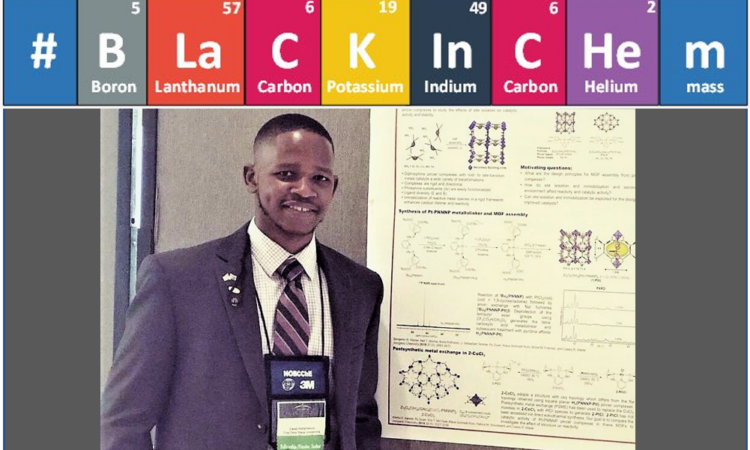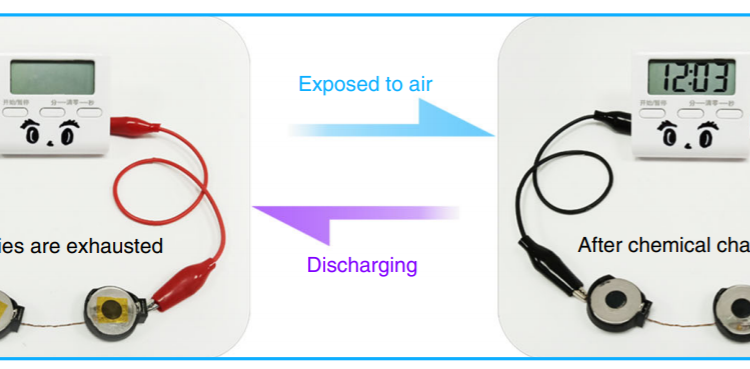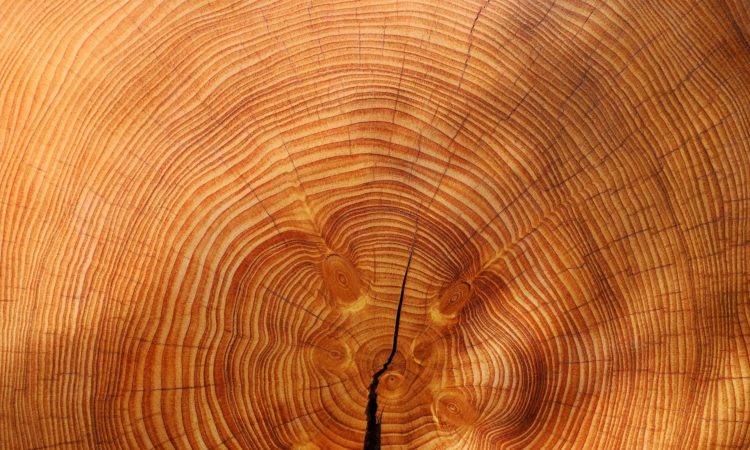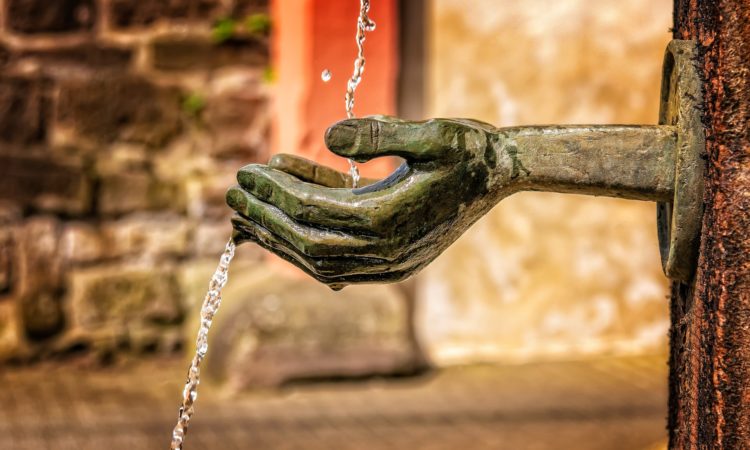Supplying safe drinking water to the world’s population remains a persistent challenge. In a new paper, researchers have developed a simple distillation device made of paper that can turn seawater into fresh drinking water using just the heat from the sun.
Blood tests over biopsies: Detecting lung cancer through differences in the blood
Your blood is made up of many different proteins, and the concentrations of these proteins are different in healthy individuals and cancer patients. By exploiting these differences, researchers have developed a new method for diagnosing lung cancer using just a simple blood test.
De-icing surfaces by making frost jump
Many of us have first-hand experience with how hard it can be to get ice off things when you can’t melt it. Researchers have used the electrostatic charge in ice to make it jump, creating a new avenue for de-icing in the future.
Feeling Floral: Using Flowers as Sustainable Catalysts
Catalysts can make reactions more efficient and less wasteful, but some metals catalysts are toxic and can cause environmental damage. Researchers have found an alternative catalyst made from the flowers of St John’s Wort and are using it to make chemistry more eco-friendly.
#BlackinChem: Finding your feet as an international student
Zweli Hlatshwayo shares his experiences as a Black international student at Ohio State University, and his struggles with impostor syndrome after he started his PhD.
No charge, no problem: self-charging batteries
When batteries run out of charge, you need to plug them into electricity to recharge them. New research has created a battery that can recharge itself without needing electricity.
We need to talk about racism in chemistry
The impacts of systemic racism extend far beyond police brutality. It’s time we face up to systemic racism within chemistry, and take action to reform it for the better
Making materials that are both soft and firm
Living tissues are mostly soft, but put them under a bit of stress, and they quickly become firm to prevent tissues from breaking. This property has been very difficult to imitate with synthetic tissues, but new research has finally bridged that gap.
New plastics made from wood break down completely in seawater
Single-use plastics continue to pile up in the oceans, where they can last thousands of years and have huge impacts on marine ecosystems. Now, researchers from Italy have developed a plastic made from wood that breaks down in seawater.
Something in the Air: Collecting Fresh Water from the Atmosphere
Water capture technology has made collecting water from the air a reality, but dry climates have always posed a challenge. New research takes us a step closer to providing fresh water in some of the driest places on Earth.
